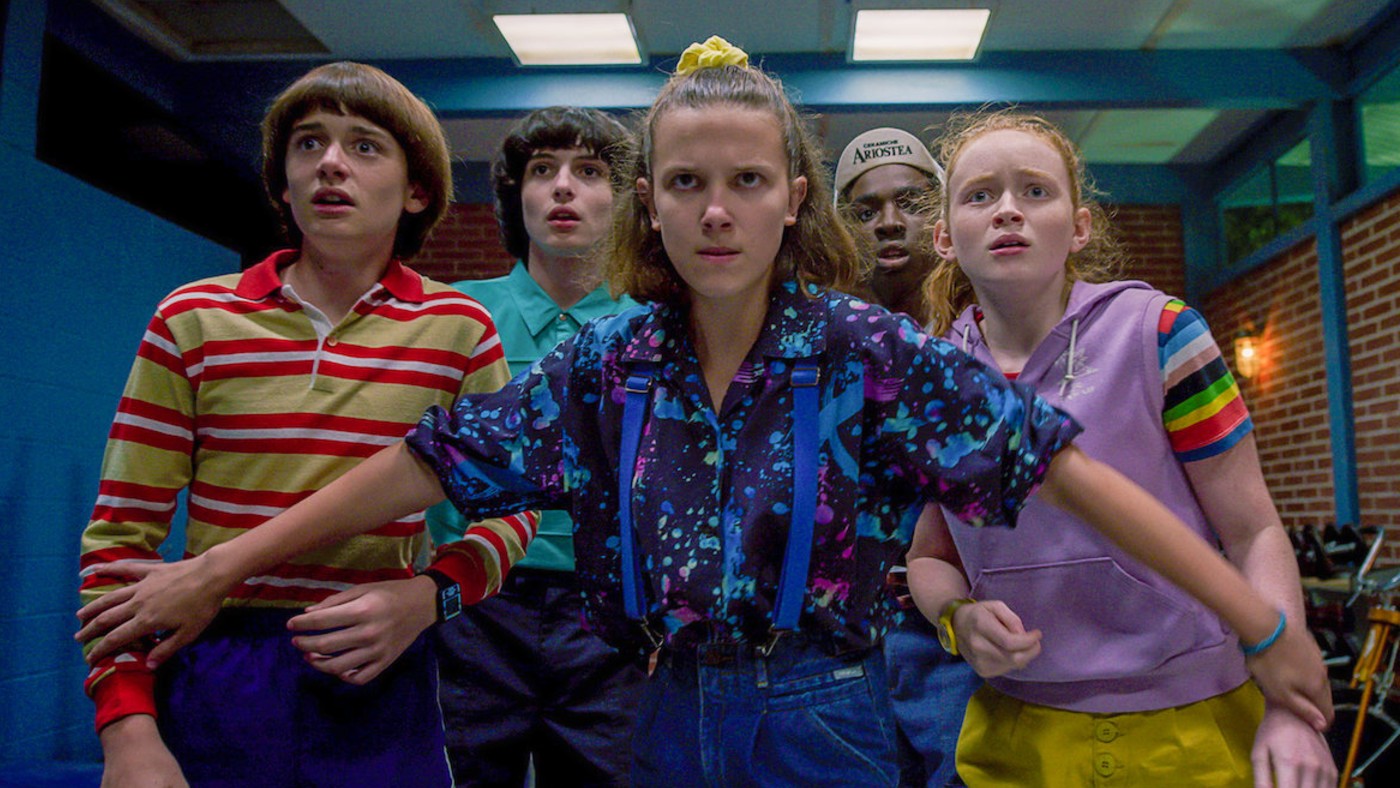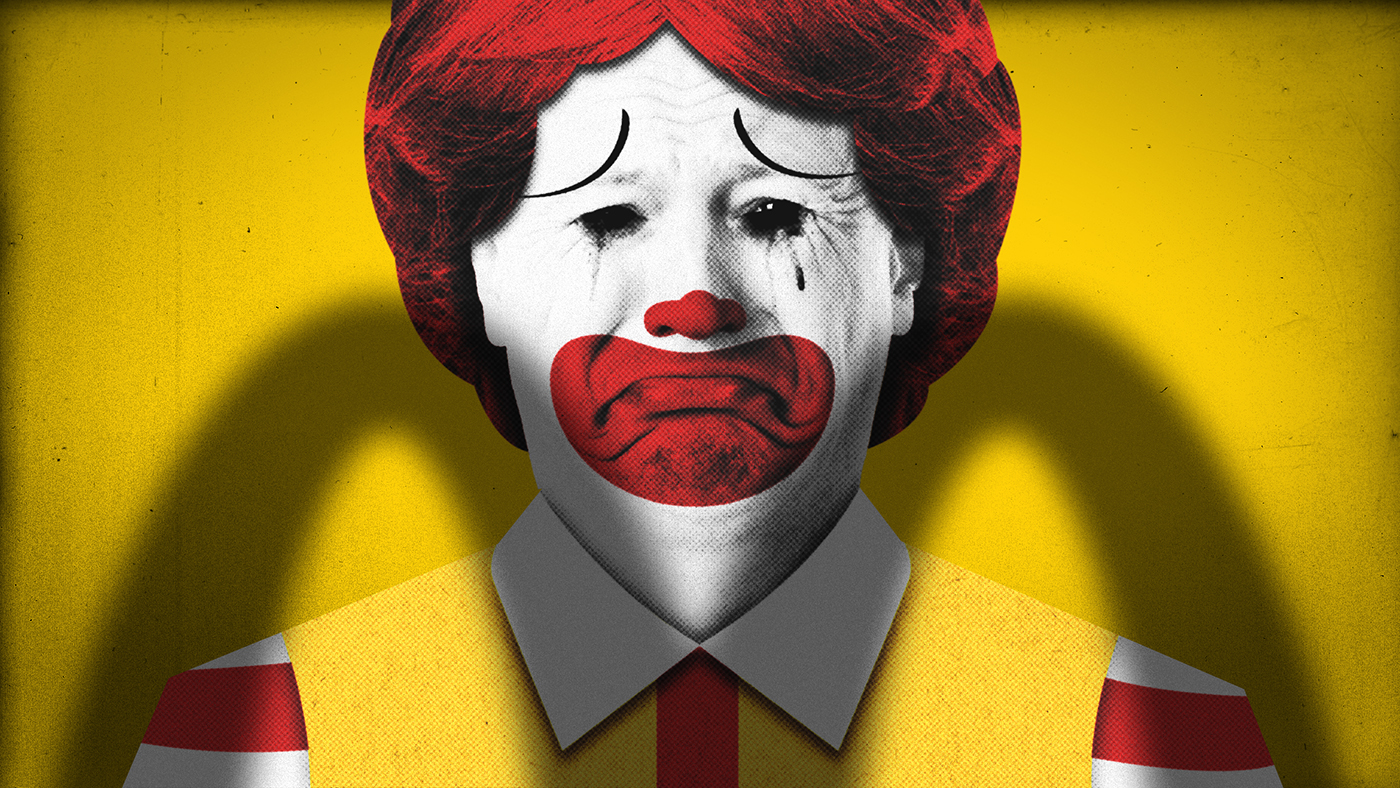‘Time is right’ for Netflix to get into gaming
Streaming service looks beyond TV and film after membership growth slows

A free daily email with the biggest news stories of the day – and the best features from TheWeek.com
You are now subscribed
Your newsletter sign-up was successful
In 2020 Netflix was one of the big winners from the pandemic as the streaming service soared to more than 200m paid subscribers. Now, with lockdowns ending and the world opening up again, it is suffering from Covid-related “lumpiness” as membership growth slows.
The California-based company missed its growth forecasts in Q2 2021 and only added 1.54m new subscribers. This was below the 1.75m that analysts had predicted and “a fraction of the ten million it added in the second quarter last year”, The Guardian reports.
In Q2 Netflix’s revenues increased by 19% year-on-year to $7.3bn (£5.35bn), while operating income rose 36% year-on-year to $1.8bn (£1.3bn). It also finished the quarter with more than 209m paid memberships, slightly ahead of forecast, and received 129 Emmy nominations for hit shows such as The Crown, Bridgerton and The Queen’s Gambit.
The Week
Escape your echo chamber. Get the facts behind the news, plus analysis from multiple perspectives.

Sign up for The Week's Free Newsletters
From our morning news briefing to a weekly Good News Newsletter, get the best of The Week delivered directly to your inbox.
From our morning news briefing to a weekly Good News Newsletter, get the best of The Week delivered directly to your inbox.
However, Covid has created some “lumpiness in our membership growth [higher growth in 2020, slower growth this year], which is working its way through”, Netflix said in a letter to shareholders. The pandemic put some “unusual choppiness in our growth and distorts year-over-year comparisons as acquisition and engagement per member household spiked in the early months of Covid”.
Lack of new hit shows
The FT reports that sign-ups have “ground to a halt in the US”, Netflix’s largest market, “where the majority of Covid restrictions have been rolled back”. Covid-related production delays in 2020 also led to a “lighter first half of 2021 slate that will build through the course of the year”, Netflix said.
Research from Parrot Analytics revealed that Netflix’s share of global demand dropped below 50% for the first time. In a news release Parrot Analytics said the “lack of new hit original programming and the increased competition from other streamers is going to ultimately have a negative impact on subscriber growth and retention”.
A free daily email with the biggest news stories of the day – and the best features from TheWeek.com
Game on for Netflix
So what is Netflix planning to do in order to attract new members and retain its audiences? It’s “getting into gaming” which will be mobile-focused and free for subscribers, says Austen Goslin of Polygon. “While it remains to be seen whether or not Netflix can tap into the mobile gaming market, it’s already clear that its members value games quite highly”.
Confirming media reports of the move, Netflix said it is in the “early stages of further expanding into games” and will build on earlier efforts around interactivity, such as Black Mirror Bandersnatch and the Stranger Things games.
“We view gaming as another new content category for us, similar to our expansion into original films, animation and unscripted TV,” the company said. “We’re excited as ever about our movies and TV series offering and we expect a long runway of increasing investment and growth across all of our existing content categories, but since we are nearly a decade into our push into original programming, we think the time is right to learn more about how our members value games.”
Marking its “first big move beyond TV shows and films”, Netflix’s expansion into video games has seen the company hire Mike Verdu to lead the effort, Bloomberg reports. Verdu, a former Electronic Arts and Facebook executive, joins Netflix as vice president of game development.
“This feels like a significant event with broad ramifications across the video-games landscape,” said Citi analyst Jason Bazinet.
Mike Starling is the former digital features editor at The Week. He started his career in 2001 in Gloucestershire as a sports reporter and sub-editor and has held various roles as a writer and editor at news, travel and B2B publications. He has spoken at a number of sports business conferences and also worked as a consultant creating sports travel content for tourism boards. International experience includes spells living and working in Dubai, UAE; Brisbane, Australia; and Beirut, Lebanon.
-
 At least 8 dead in California’s deadliest avalanche
At least 8 dead in California’s deadliest avalancheSpeed Read The avalanche near Lake Tahoe was the deadliest in modern California history and the worst in the US since 1981
-
 Political cartoons for February 19
Political cartoons for February 19Cartoons Thursday’s political cartoons include a suspicious package, a piece of the cake, and more
-
 The Gallivant: style and charm steps from Camber Sands
The Gallivant: style and charm steps from Camber SandsThe Week Recommends Nestled behind the dunes, this luxury hotel is a great place to hunker down and get cosy
-
 How will the Warner Bros. bidding war affect the entertainment industry?
How will the Warner Bros. bidding war affect the entertainment industry?Today’s Big Question Both Netflix and Paramount are trying to purchase the company
-
 Are streaming bundles reinventing cable TV?
Are streaming bundles reinventing cable TV?Today's Big Question The old-fashioned convenience of one service, one fee
-
 Microsoft cleared by UK watchdog to buy 'Call of Duty' maker
Microsoft cleared by UK watchdog to buy 'Call of Duty' makerSpeed Reads Watchdog finally approves $69bn deal but criticises tech giant for its tactics
-
 The jobs most and least at risk of being replaced by AI
The jobs most and least at risk of being replaced by AIUnder the Radar AI could affect roughly 300 million full-time jobs if it reaches its full potential
-
 First Republic: will UK banks survive unscathed?
First Republic: will UK banks survive unscathed?Under the Radar US shares dip after collapse of third regional bank, but experts say contagion to the UK is unlikely
-
 What’s happening at McDonald’s?
What’s happening at McDonald’s?Under the Radar Fast-food chain closed US offices and told staff to work from home while it announces job cuts
-
 Netflix co-CEO dubs Elon Musk the 'bravest, most creative person on the planet'
Netflix co-CEO dubs Elon Musk the 'bravest, most creative person on the planet'Speed Read
-
 ‘Quiet firing’ explained – and warning signs to watch out for
‘Quiet firing’ explained – and warning signs to watch out forUnder the Radar Research suggests female employees are more likely to be frozen out of jobs